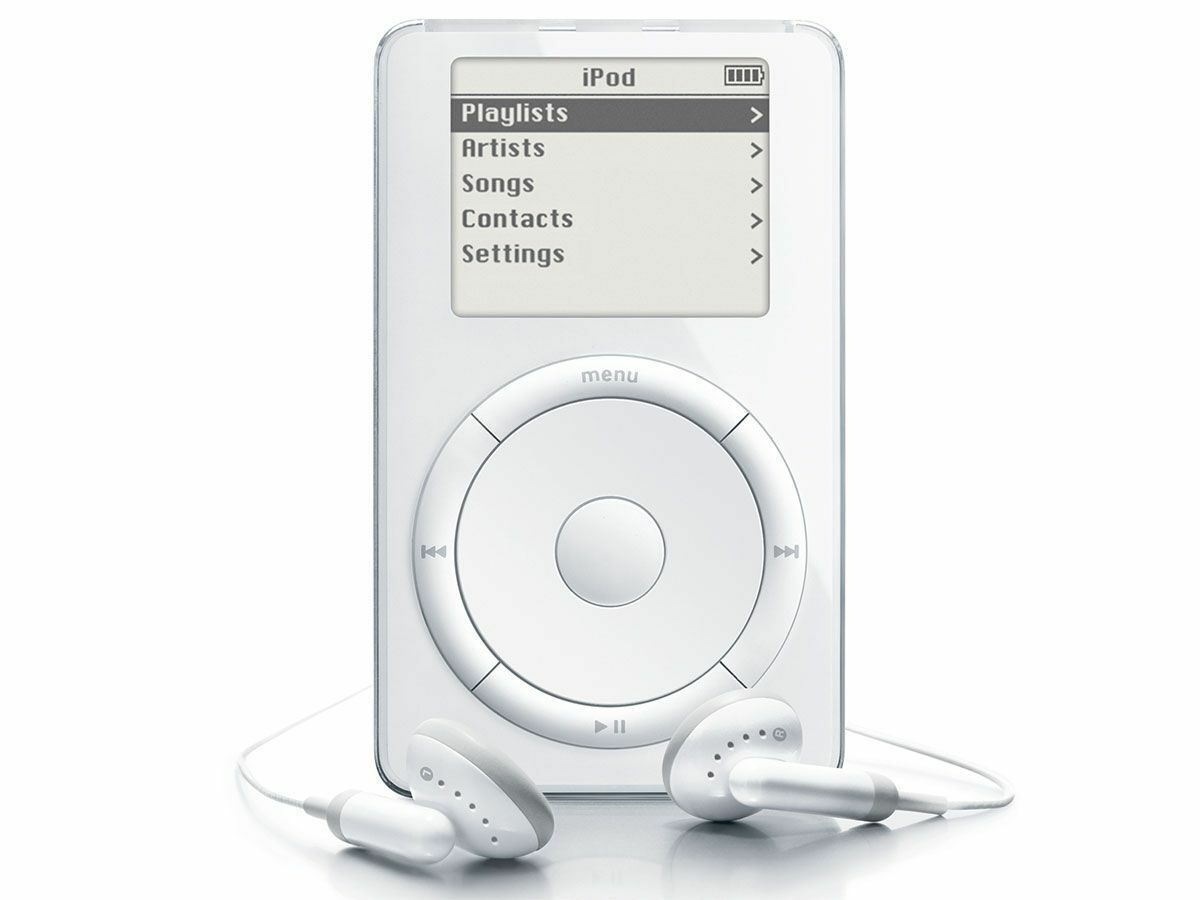Why you shouldn’t celebrate CD-ripping finally becoming legal in the UK
Government changes to personal copying exceptions are welcome, but don’t nearly go far enough

If you’ve not been following the minutiae of government policy, you’ll be pleased to know that it is now legal in the UK to rip CDs to MP3 and put them on your computer or smartphone.
No, the Stuff.tv website hasn’t somehow magically propelled you back to 2001 – this law in fact only came into force on October 1, 2014. Once again, copyright law isn’t so much behind the times as living in a different era altogether.
It’s absurd that it took until 2014 to enshrine in law basic fair-usage rights that were perfectly reasonable and that everyone thought existed anyway. The law took so long to be moulded into something palatable to government and various lobbying bodies alike that it’s arrived just as optical drives are plunging into obsolescence – for example, precisely one Mac (the legacy non-Retina MacBook Pro) remains on sale with a built-in drive, and plenty of other manufacturers are following Apple’s lead in ditching the disc.

Proponents will perhaps note that the copyright exceptions are of course not just about the humble CD. In fact, they now theoretically stretch to any media you own, and the Intellectual Property Office documentation helpfully states that you are now “able to copy a book or film you have bought for one of your devices onto another of your devices, without infringing copyright”.
Naturally, the document then immediately lurches towards party-pooper territory, beginning with a ‘however’ and then telling you that it’s still illegal to make copies of media for friends (fair enough), family members (bit odd), or – and this is the really important bit – circumvent any media that is “protected by technology which physically prevents copying”.
That’s right: UK copyright law in 2014 has been dragged kicking and screaming into sometime around the turn of the century, but your rights are entirely and predictably curtailed by the entertainment industry’s gushing love for digital rights management.
So while you can now legally rip a CD and store it on a mobile device or in the cloud (as long as, presumably, you ensure no family members can access it, under PAIN OF DEATH), you can’t format-shift a Kindle purchase or any other digital file wrapped in DRM, nor can you rip a favourite commercial DVD to watch on your tablet during a transatlantic flight.
What you can do, apparently (and laughably), is “raise a complaint with the Secretary of State” if you believe copy protection is too restrictive. I’m sure the Secretary of State will get right on your desire to back-up your cherished copy of Mallrats so you can legally watch it via Plex, or to legally get your kid’s favourite Barney The Dinosaur DVD on to an iPad, so you’re not driven clinically insane during a long flight overseas.

Once again, it’s the same old story. Those wanting to stay within the law are restricted in arbitrary and pointless ways, in order for the entertainment industry to retain what it considers its rightful degree of control. Meanwhile, people who don’t really care about the law end up with a superior user experience, and just do whatever they want with their media.



